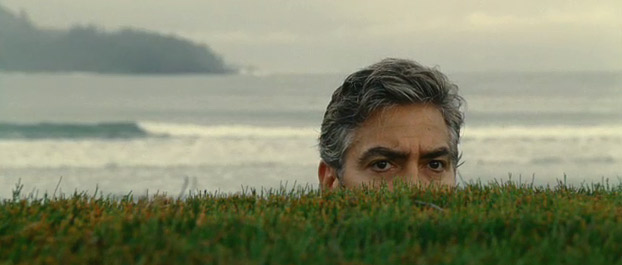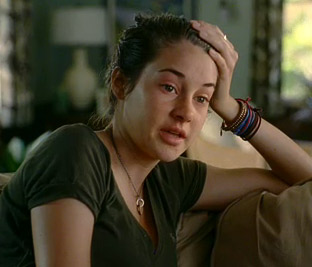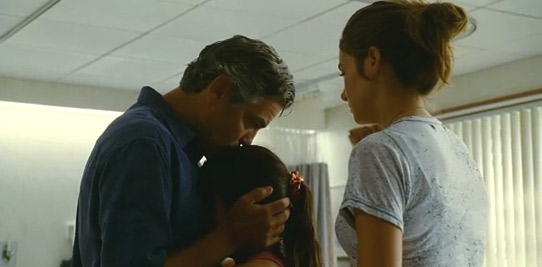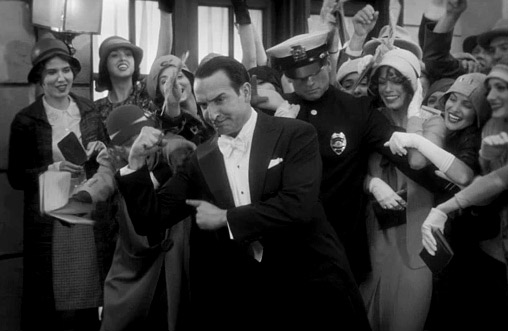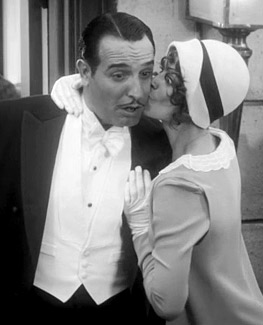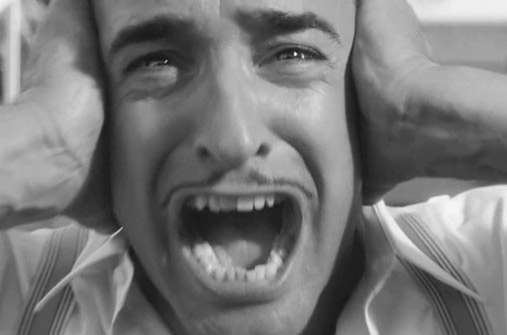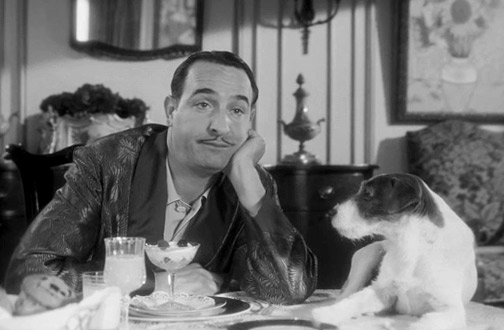London: "The Awakening", A Conversation
 Sunday, October 16, 2011 at 11:56PM
Sunday, October 16, 2011 at 11:56PM Editor's Note: As a special treat for our London Film Festival coverage, I asked our correspondents Craig and David to share conversations about the movies that they happen to see together. Today, The Awakening, a new British horror movie. One of them likes it a bit more than the other, but they agree that Imelda Staunton's delicious supporting turn keeps you fully awake...
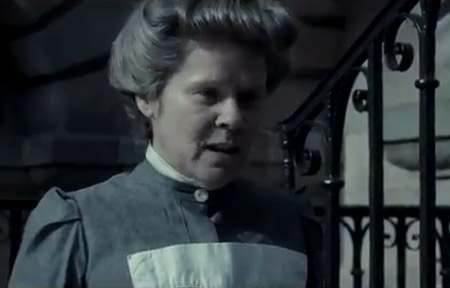
I know this place and I don't hold with any ghostly nonsense."
-Imelda Staunton as "Maud Hill" in The Awakening.
Craig: A 1920s lady ghostbuster? Spooky mansions? Antique trip-wire traps and knitted-character dollhouse terror? And a twitchy Imelda Staunton as a housekeeper in period garb, topped with some fusty-dusty wig work?? I was fine and dandy with this one despite its flaws. It follows a somewhat shopworn, well-haunted pattern of housebound horrors quite fashionable in recent years (The Orphanage, The Others etc). Director Nick Murphy makes a few attempts at reminding us that The Haunting and The Innocents were key influences, too. It has one or two ripe, scoff-worthy moments but, on balance, it does contain some sneaky jumps and nocturnal bumps that – from the jittered reaction in the press screening – nobody could say they predicted. It has at its centre a solid enough feisty turn from a well-cast Rebecca Hall, too. This is scary movie territory that I’m gleefully at home with, so perhaps I can acknowledge its successes more readily than its few failings? It contains both, but I was never bored.
David: Aye, it's a fair enough yarn, but I can't really join you in the enthusiastic corner. There are a few jumps, but none of the sustained tension and ghostly atmospherics of a film like The Others. Bizarrely, the film charges up the haunted terror quickly, and it blows like a fuse halfway through, on a narrative passage that is effectively filmed but lacking in much power, since it's come around so soon. Afterwards, the characters are suddenly laying on wild emotional extremes, putting more weight on the relationships of the few lingering characters than seems comprehensible, as if we've been excluded from something. Naturally, we have; but pulling off a twist ending like these films usually do, requires a level of general believability beforehand, with just a sense of something being off.
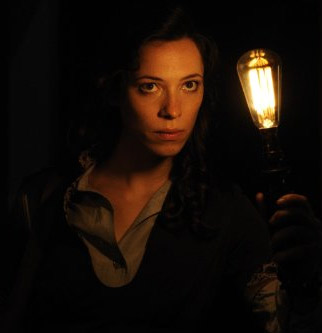 The period details are exquisite - I have no idea how realistic - and all the equipment Hall's character carefully sets up is quite the kick. What I don't think it comes close to pulling off is the tortured soldier sideline, and not just because Dominic West continues being unfortunately stiff and awkward in every role on this side of the pond. And I have to cry wolf on Rebecca Hall, too, I'm afraid. For me, there was no steel there, no conviction, just a weak and crumbling voice and a pale figure. When her façade broke, I saw little difference. The major thing convincing me that this was a confident, modern woman was the fact that she wore trousers.
The period details are exquisite - I have no idea how realistic - and all the equipment Hall's character carefully sets up is quite the kick. What I don't think it comes close to pulling off is the tortured soldier sideline, and not just because Dominic West continues being unfortunately stiff and awkward in every role on this side of the pond. And I have to cry wolf on Rebecca Hall, too, I'm afraid. For me, there was no steel there, no conviction, just a weak and crumbling voice and a pale figure. When her façade broke, I saw little difference. The major thing convincing me that this was a confident, modern woman was the fact that she wore trousers.
Sherlock Holmesian women and loopy hysteric performances after the jump...



